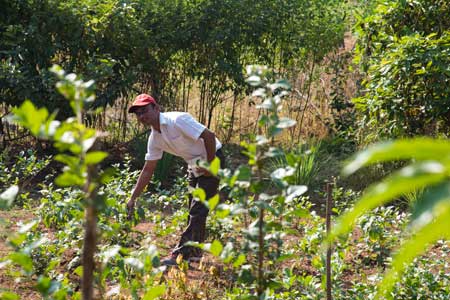Project Description

Regenerative Farming
India is primarily an agrarian economy. Farming is the main livelihood for many people in the Tansa Valley. However, there are numerous environmental challenges, a limited growing season and significant associated costs that made sustaining a family with traditional farming alone difficult. PRASAD Chikitsa addresses this need by educating farmers about a range of issues, including how to increase crop output, conserve water, and implement year-round farming techniques. Since 2012, PRASAD has focused on organic farming and has committed to working with farmers who pledge to use organic farming techniques. PRASAD organizes and conducts trainings on a regular basis to build their capacity. They are taught preparation and application of organic farm input like vermicompost, jivamrut, ten leaf extract etc.
Orchard (WADI) Project and Second Crop Initiative
The Orchard (WADI) Program, launched in 2007, aims to empower Tansa Valley farmers with sustainable livelihoods. Through PRASAD Chikitsa’s provision of high-quality fruit tree saplings and training, farmers adopt organic farming practices to rejuvenate soil health. This initiative addresses the issue of labor migration for income and includes the establishment of a farmers’ library. Orchards cultivated under this program serve as a lucrative cash crop and also provide nutritious fruits for the family.
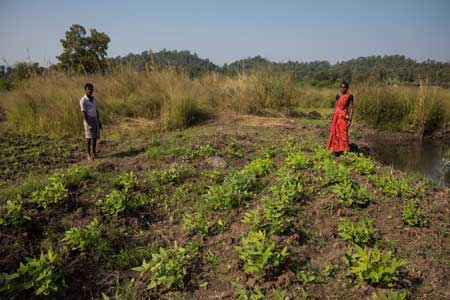
Floriculture
The Floriculture program, initiated in 2008, was designed to augment farmers’ income from paddy crops. PRASAD Chikitsa offers organic farming trainings, exposure visits, and distribution of subsidized saplings of diverse flowering plants such as mogra and champa. These flowers serve as a lucrative source of cash income throughout the year.
Till 2023, 115811 saplings have been distributed and planted.
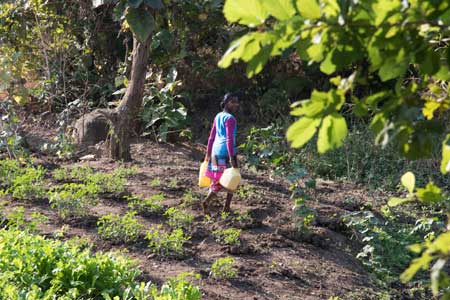
Indigenous Rice Seed Program
PRASAD Chikitsa strives to establish sustainable rice cultivation models by utilizing indigenous rice seeds and organic fertilizers, thereby contributing to the preservation of biodiversity. Indigenous Rice Seeds have sustained for centuries and need to be cultivated organically by default. PRASAD Chikitsa helps farmers buy indigenous rice seeds, build their seed banks and promotes the cultivation of what is truly local and sustainable. With 301 farmers enrolled in the seed bank program, we aim to educate farmers on best practices for higher yields, water conservation and the power and benefits of farmer cooperatives.
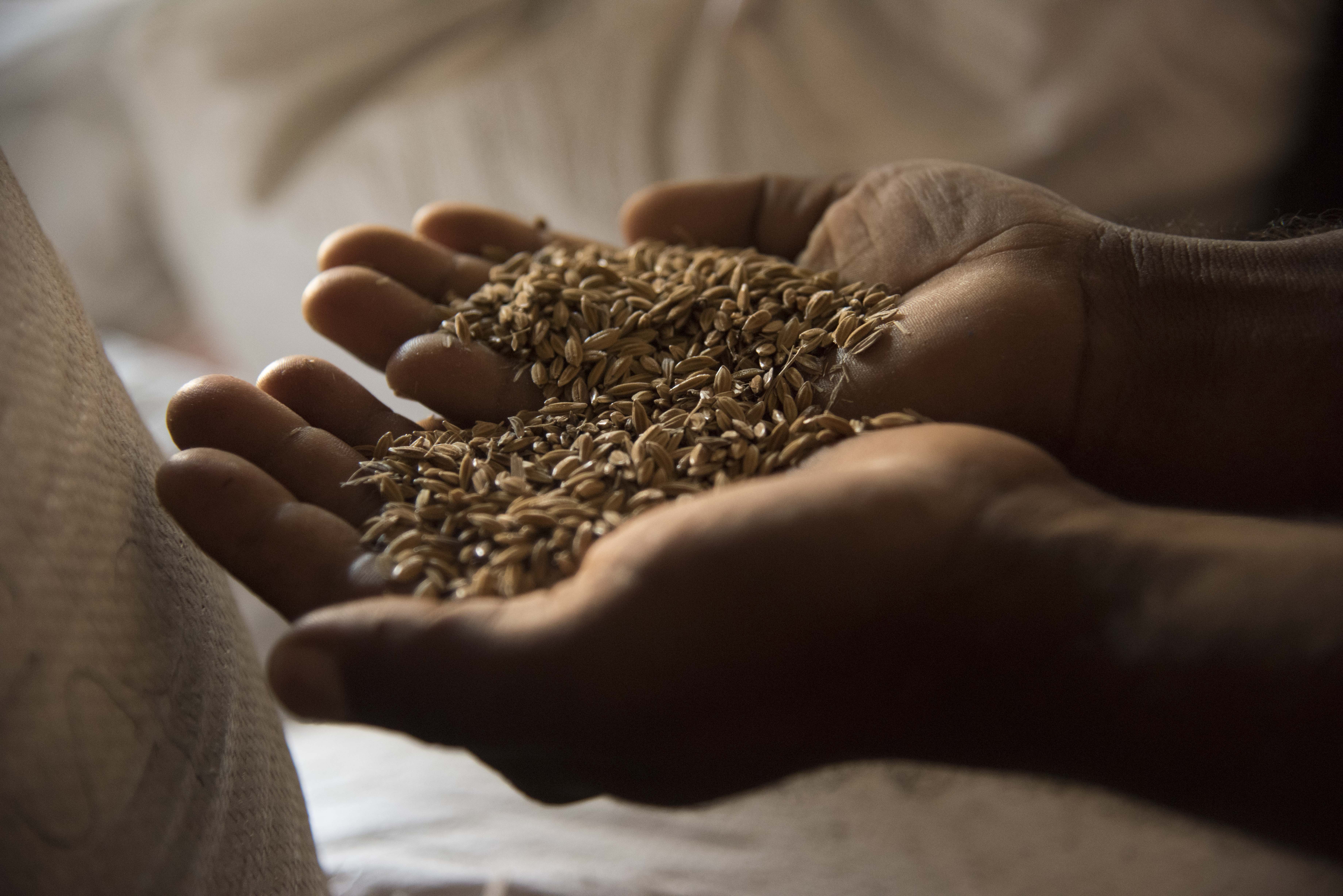
Kitchen Garden
Until only a few years ago, a kitchen garden was a common feature in rural communities and people were getting fresh, nutritious and a variety of vegetables. This resulted in their daily nutritional levels remaining satisfactory.
In Alignment with the Nutrition program, this initiative now focuses on households with moderately to severely malnourished children. PRASAD Chikitsa empowers women through training on cultivating seasonal vegetables, emphasizing nutritional values. Support includes distributing seedlings and saplings, along with on-field visits for guidance. Started in 2005, PC has supported 1632 families and distributed 11030 seeds.
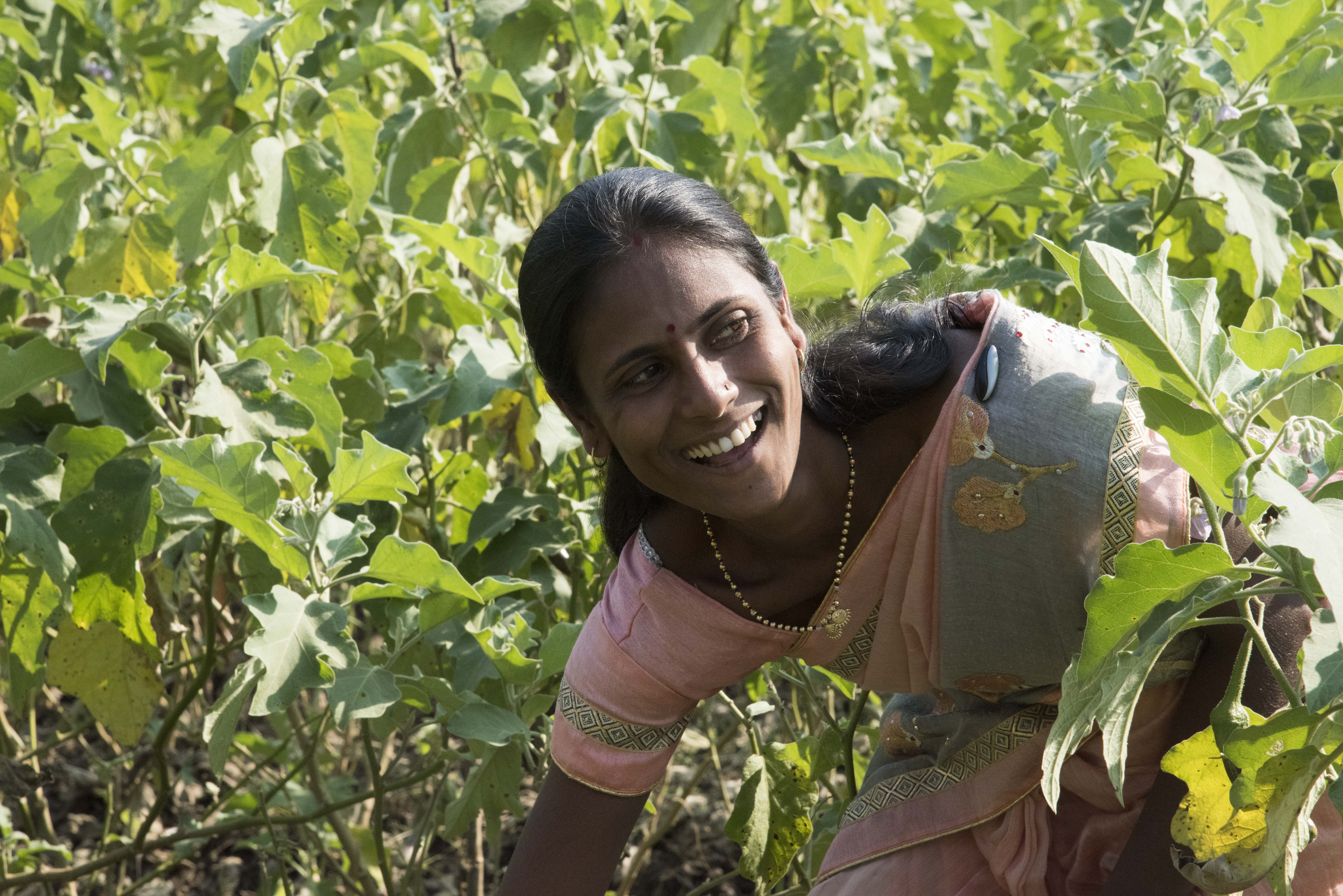
Social Forestry (Kalpa Kunj)
The Social Forestry plantation program, initiated in 2003, sees PRASAD Chikitsa Self-Help Groups (SHGs) and farmers taking the lead in tree-planting initiatives across the Tansa Valley. Encouraging villagers, the program promotes tree planting around homes, farmlands, and schools to contribute to environmental conservation.
In 2023, the program underwent expansion with new objectives. The focus shifted towards creating a green belt to counteract human impact, enhancing soil health, and improving overall environmental well-being. Often these trees are also cash crops that serve as a source of income. As of December 2023, 83256 saplings have been planted.
